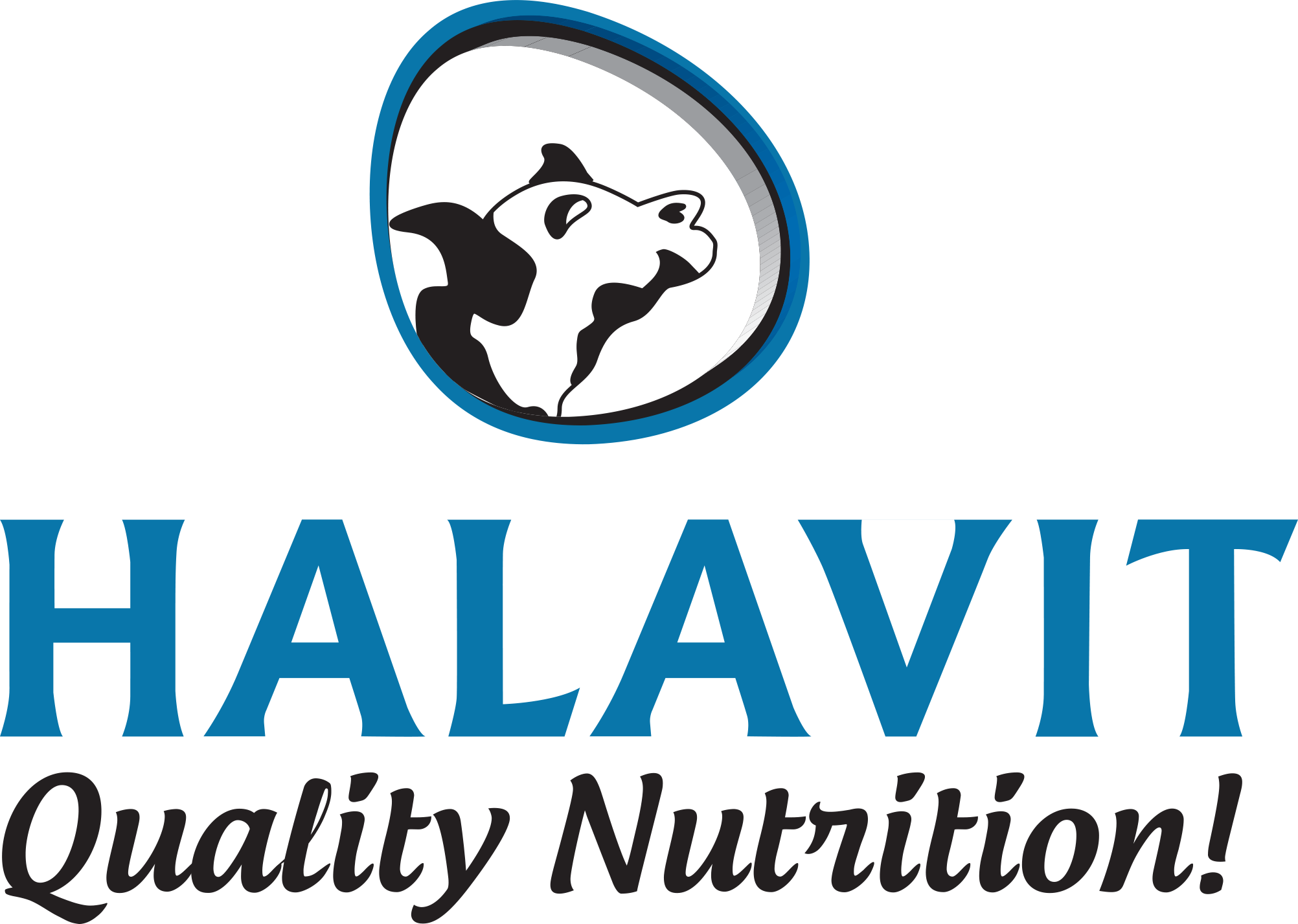COCONUT OIL – THE INGREDIENT THAT HELPS YOUR ANIMALS GROW IN GOOD HEALTH, WITH STRENGH AND ENERGY
Can all animals benefit from coconut oil? What are its effects and how does it help animals in their development? Several studies have analyzed the use of coconut oil as an added ingredient in different forms of nutrition, including milk replacers, and found a variety of beneficial effects for animals’ development. The qualities of coconut oil are mostly due to its high lauric acid content. Lauric acid is easily metabolized and can therefore be a source of fast and accessible energy. Moreover, it has strong antimicrobial effects as it is able to penetrate bacterial membranes and damage their internal structures1.
Calves
Studies have tested the use of coconut oil in milk replacers for calves, testing its effects on growth and development and its ability to transform milk replacers into a nutritional form that can resemble natural whole milk as closely as possible. Results from different studies found that addition of coconut oil leads to increased skeletal growth and a decrease in abnormal fecal scores. These qualities found in coconut oil are due to the contribution of its medium chain fatty acids which are found to be more similar to whole milk than other forms of fatty acids`2,3. Specifically, lauric acid has been found to protect calves from both gram positive and negative bacteria, and can therefore be a potential substitute to antibiotics4,5.
Lambs
Studies on sheep have tested the ability of coconut oil to change levels of methane release. Naturally, sheep’s rumen releases high levels of methane, leading to a significant energy loss in the animals. Coconut oil has been found to reduce methane release without affecting nutrient digestion, by changing metabolic activity and rumen
composition in sheep6. Reports show that coconut oil, and more specifically high levels of lauric acid, can reduce methanogenic rumen population by up to 35%7,8. These findings are significant for lambs, who need high levels of energy for a healthy development.
Foals
Foals can also benefit from coconut oil addition, as it is not prone to fat oxidation and can therefore maintain its nutrient status for a long period of time. With coconut oil foals can improve their energy levels. Moreover, the medium-chain fatty acids, and mostly lauric acid, contained in coconut oil have been found to have antimicrobial properties, thus leading to better protection of foals during the sensitive time of early development9.
Piglets
Studies have shown that coconut oil used in piglets can help during the process of weaning, a time in which piglets suffer from high rates of infections. Coconut oil shows strong inhibitory effects on bacteria that frequently affect piglets, such as Salmonella. This quality allows for an improved gut health as well as an easier adaptation and growth of piglets10. Specific reports on medium-chain fatty acids, and lauric acid in particular, have shown a strong antibacterial activity that can lead to the use of coconut oil as a basic ingredient replacing feed antibiotics for piglets before and during weaning, in order to reduce infection and mortality11.
Halavit uses state-of-the-art technologies to process milk replacers for calves, lambs, foals and piglets. The final products undergo strict quality control and assurance. Halavit’s accumulated experience and knowhow, its constant development of innovative products of the highest quality, comprehensive response to diverse needs, and fast and dedicated service are the foundations on which the company is built.
The milk replacers produced for all animals are made under food safety standards, and include the highest level ingredients and a variety of products with rich formulas, including coconut oil.
Contact us for more information on Halavit’s milk replacers, and the use of coconut oil which will allow for a healthy growth and development of your animals.
References:
1 https://link.springer.com/article/10.1007/s11746-014-2562-7
2 https://www.journalofdairyscience.org/article/S0022-0302(13)00139-2/fulltext
3 https://www.sciencedirect.com/science/article/abs/pii/S1080744615309530
4 https://www.ncbi.nlm.nih.gov/pubmed/11257052
5 https://www.jstage.jst.go.jp/article/jvms/66/12/66_12_1583/_pdf
6 https://rnd.edpsciences.org/articles/rnd/pdf/2003/01/R3103.pdf
7https://www.researchgate.net/publication/286017535_Effect_of_the_coconut_oil_on_the_consumption_digestion_of_nutrients_and_methane_production_in_sheep_fed_with_forage_and_concentrate
8 https://www.nrcresearchpress.com/doi/pdfplus/10.4141/A01-078
9 https://equinewellnessmagazine.com/supplementing-oils/
10 https://norel.net/en/system/files/Coconut%20oil_1.pdf
11 https://content.sciendo.com/view/journals/aoas/17/4/article-p967.xml


